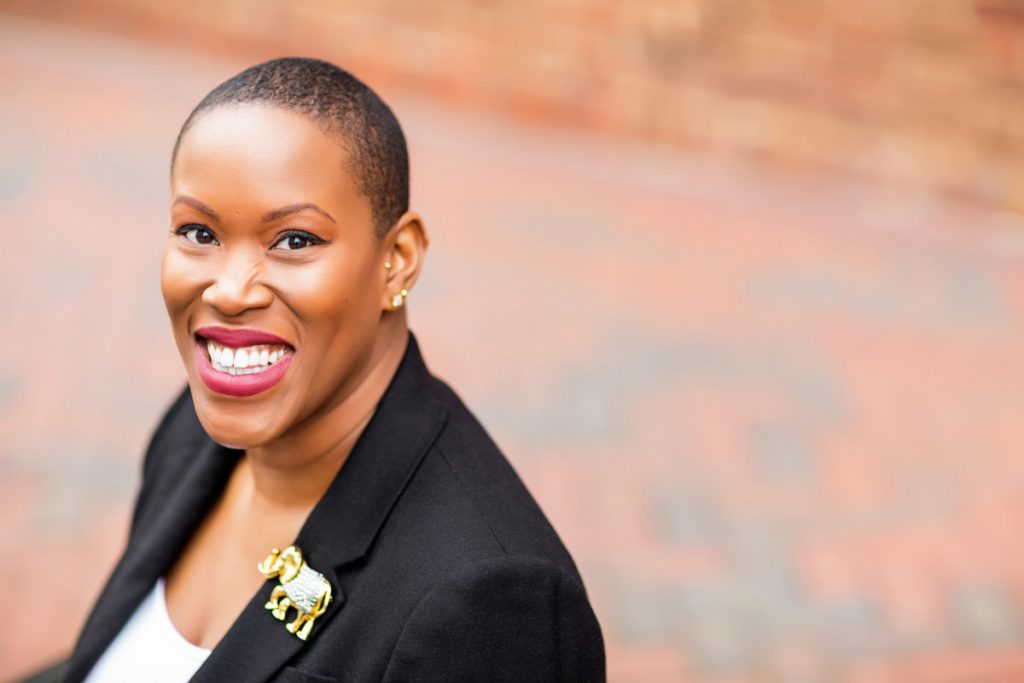DAVID KWIATKOWSKI – STAFF WRITER

America’s free press is one of the foundations of its democracy; however, journalism is something that can never be immune to criticism or public discussion.
Meredith D. Clark will be delivering a lecture as part of the Chautauqua Lecture Series at 10:30 a.m. Tuesday, July 13 in the Amphitheater. She will be discussing the concept of reparative journalism, how the press has actively operated within the structures of white supremacy, and how the press should proceed.
Clark has written for newspapers, including the Capital Outlook in Tallahassee; the Tallahassee Democrat; the Austin American-Statesman and the Raleigh News & Observer.
According to her website, Clark’s research has focused on the intersectionality of race, media and power both in newsrooms and the infrastructure of social media.
Clark is a two-time graduate from Florida A&M University, earning a bachelor’s degree in political science and master’s degree in newspaper journalism. She went on to earn a doctorate in mass communication from the University of North Carolina at Chapel Hill.
She has been an assistant professor in the Mayborn School of Journalism at the University of North Texas and in the Department of Media Studies at the University of Virginia. She also serves as the faculty adviser for the UVA chapter of the National Association of Black Journalists.
In a piece for the Nieman Journalism Lab, Clark wrote about reparative journalism and how it is essential for the future of not only journalism, but also our democracy.
“Reparative journalism is explicit in its commitment to doing the work of racial justice, and by extension — without apology — social justice,” she wrote. “It positions Black women’s social, economic and political vulnerabilities as its locus for development, and acknowledges how intersections of race, gender identity, class, physical and mental (dis)ability, and enfranchisement are at play in making the news.”
In her decade of studying Black Twitter and being a journalist, she has realized that the field can not fulfill its duty of informing the public if the field as a whole does not inform itself of its role in contributing to the oppression of marginalized communities.
“We cling to the premise of journalism as an institution of truth-telling without addressing the broken foundation on which it was built,” she wrote. “But how can journalism as an institution developed through the perspectives of a few adequately address the news and information needs of the many?”
Clark calls for reparative journalism to be rooted in the ignored history of marginalized identities; be visionary rather than reactionary; comprehensive in holding names like Ida B. Wells and Alice Dunnigan in the same regard as Bob Woodward and Carl Bernstein; and redistributing power in newsrooms.
“The development and adoption of reparative journalism is, like the work of all anti-racist practice, part of the ever-present struggle for the immediacy of justice in the interest humanity’s future,” she wrote. “It is the work of generations.”




